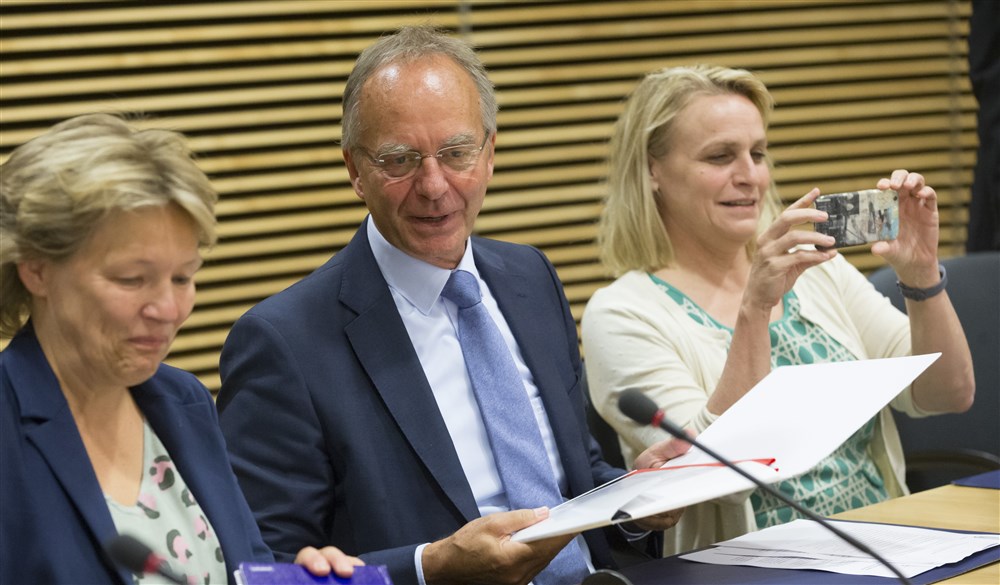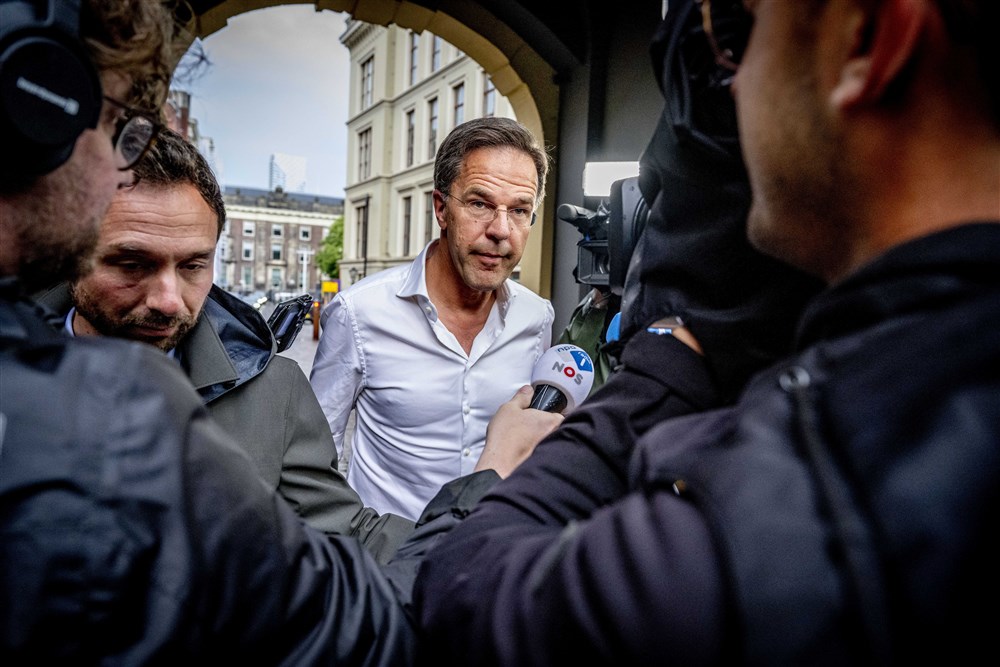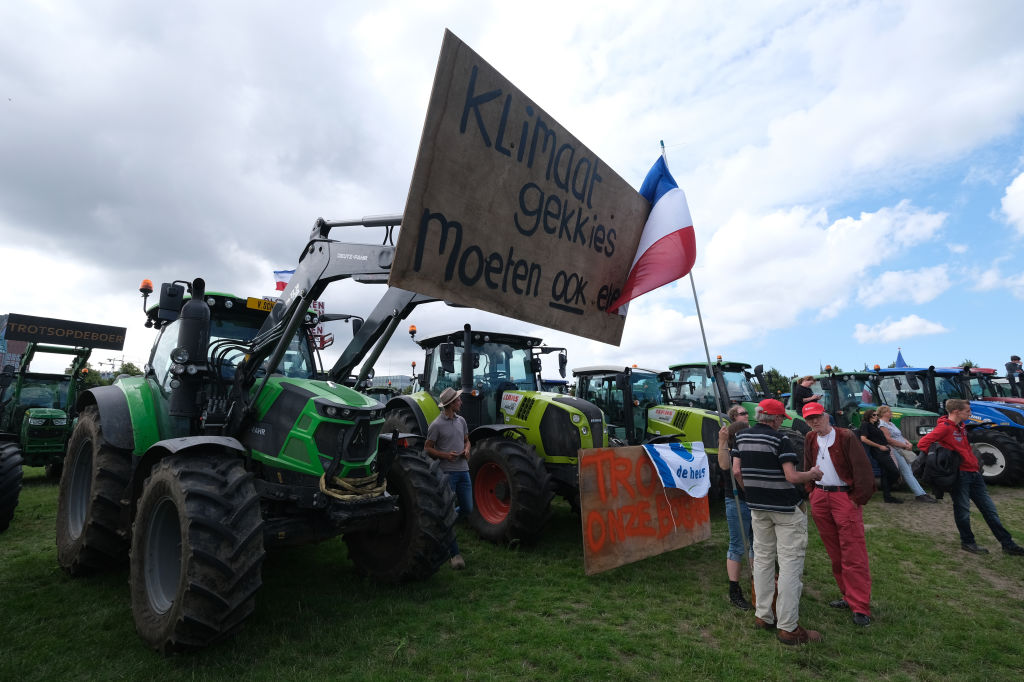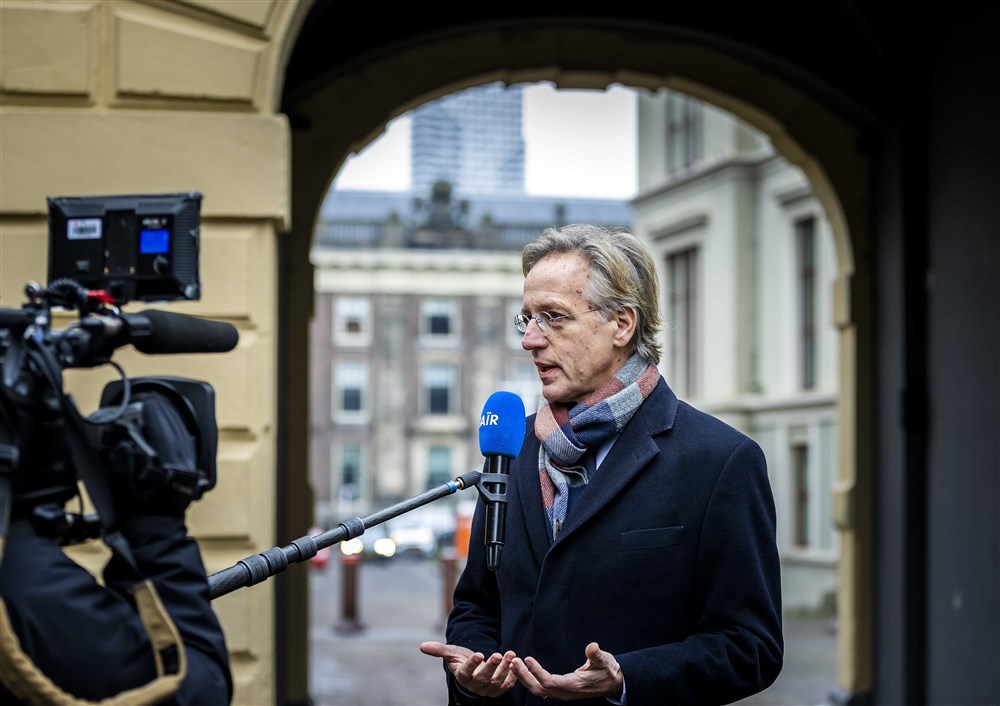After dissolving his government on July 7, Dutch Prime Minister Mark Rutte on July 10 told parliament he will end his own political career entirely.
“There has been speculation in recent days about what would motivate me,” Rutte said in the House of Representatives.
“The only answer is ‘the Netherlands’. My position on that is completely subsidiary. On Sunday, I therefore decided that I will not be available as party leader in the upcoming elections.”
As indicated by Brussels Signal on Friday, the Dutch Government fell due to the thorny issue of migration. The country has seen a spike in migrants, revealing an inability to adequately accommodate and absorb the arrivals. With all signs indicating migration will only increase over the coming years, political pressure hit boiling point.
Rutte’s right-of-centre People’s Party for Freedom and Democracy (VVD) wanted to introduce new measures to curb mass migration into the Netherlands but the left-wing D66 and Christian Union (CU) did not agree. They accused him of deliberately wanting to derail the government in a push to shift to the Right.
Renowned for his political survival skills, Rutte’s decision not to remain as leader brings the 56-year-old’s long political career to an end. He has been Prime Minister since October 2010, the longest-serving leader to have held that office in his country. He has led his own VVD party for 17 years.
Speaking about his decision to step down, which he’ll officially do after a caretaker government is installed, he said: “I do this because I think it is a wonderful job and would love to fight for it to carry on, but at the same time I have to ask myself every time I run for election: what is wise?
“And this feels right. I do this with mixed feelings, with emotions. I love the team dearly. But it feels right.”
He also said he would not be seeking a high-profile role on the international stage. Rutte already teaches part-time at a local school and he has said in the past he might become a full-time teacher.
“Rutte IV”, as his fourth government in a row was dubbed, came to power after a benefits scandal involving the previous regime, “Rutte III”, drove struggling families into financial hardship. However, the subsequent government was made up of the same parties as the previous one.
The latest government also suffered significant crises, especially during the Covid pandemic and the Russia’s war in Ukraine. They came alongside the so-called nitrogen crisis, in which a series of far-reaching environmentalist and green policies were pushed through, spurring mass protests and an electoral revolt.
Asked what event had had the deepest impact on him in his political life, Rutte became emotional and said, “MH17”, referring to a passenger jet that was shot down over Ukraine by Russian-controlled forces in 2014, causing the deaths of almost 300 civilians, most of them Dutch.
After addressing the press about his decision, Rutte visited VVD party members in the parliament building and was met with loud applause from gathered party officials.
On Monday morning, the opposition parties that had called for Rutte to quit reigned in their demands, saying they trusted him to lead the country as the outgoing prime minster until a caretaker regime is put in place.
Alongside Rutte, Wopke Hoekstra, the current Minister of Foreign Affairs and the Christian Democrat CDA party leader, also announced she would not lead the CDA in general elections now expected to take place in mid-November.





